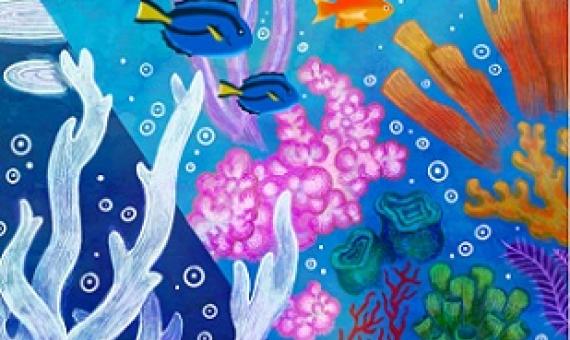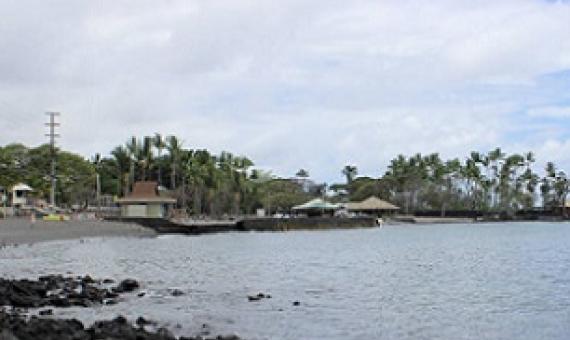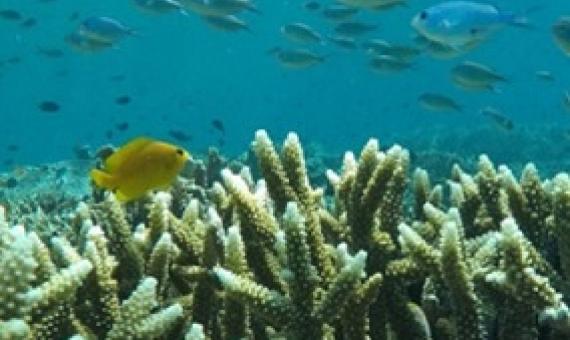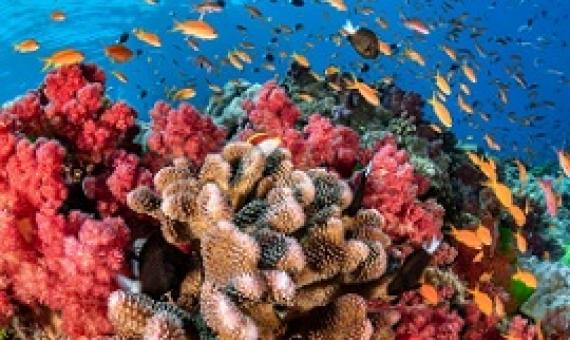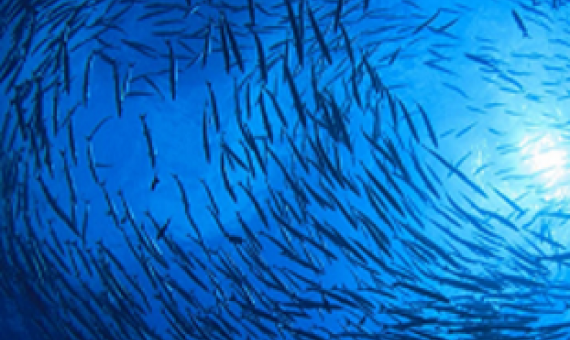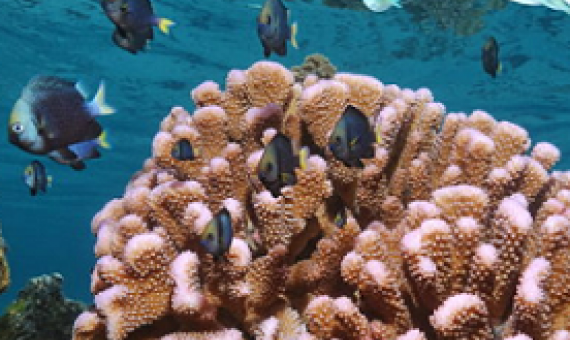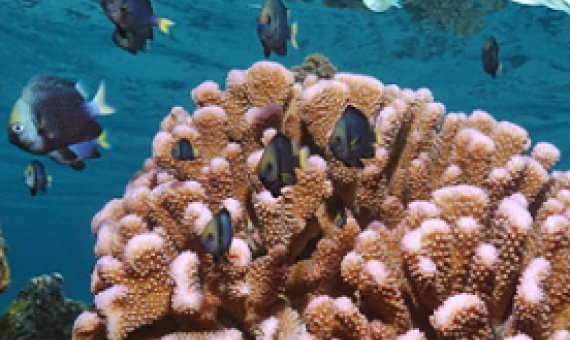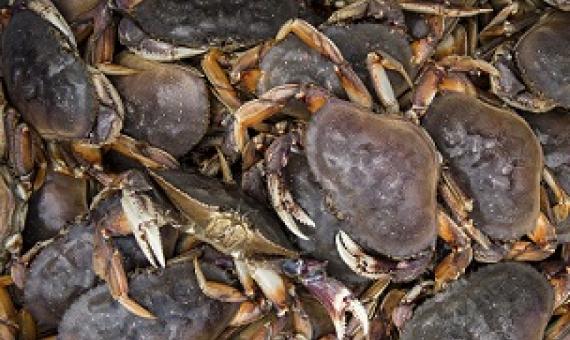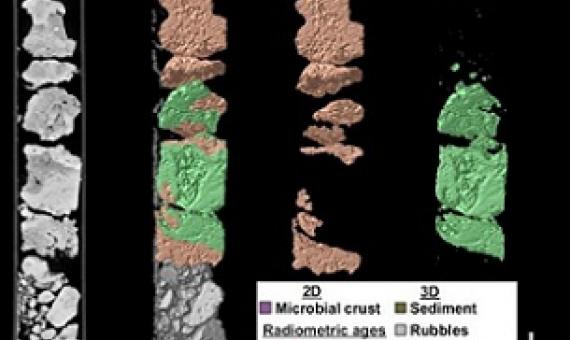Rising ocean temperatures and ocean acidification could have negative cumulative effects that slow the growth of tropical coral reefs, according to a UCLA-led study published in early January.
As the COVID-19 pandemic took hold in the first half of 2020, the lack of human activity around the world resulted in a 9% drop in the greenhouse gas emissions at the root of climate change. Almost overnight, the Himalayas became visible from a distance for the first time in years.
A new study shows the coastal protection coral reefs currently provide will start eroding by the end of the century, as the world continues to warm and the oceans acidify.
In the past two decades, abnormal heatwaves caused entire sections of reef off the coast of Australia – measuring several kilometers in length – to turn white. Scientists have already found that some reefs are better equipped to cope with recurring heat stress than others.
The combined environmental threat of plastic pollution and ocean acidification are having significant impacts on species living in our oceans, according to new research.
The underlying structures of the reefs -- which are home to a multitude of aquatic life -- could fracture as a result of increasing ocean acidity caused by rising levels of carbon dioxide.
Due to the increasing pressure of global warming on highly valuable coral reef ecosystems, scientists are now seeking novel ways to decrease heat stress on corals.
Ocean acidification, one of many devastating effects of the warming earth, has been well-documented. It’s no longer up for debate. We now know that this process is adversely affecting many of the species that are the cornerstone of major oceanic ecosystems.
The scaffolds that help hold together the world's tropical reefs are at risk from acidification due to increased carbon dioxide in the world's oceans, according to geoscientists at the University of Sydney.
A Better World (Vol.6)
With the establishment of the United Nations Sustainable Development Goals (SDGs) in 2015, the Human Development Forum launched a series of publications entitled A Better World, each volume dedicated to one of the 17 SDGs. This volume, published in June 2020, covers Goal 14 — Conserve and sustainably use the oceans, seas and marine resources for sustainable development. It is our belief that enhancing the contribution of marine biodiversity is hugely beneficial to the world in general, and to the future of small island developing states and least developed countries in particular.

